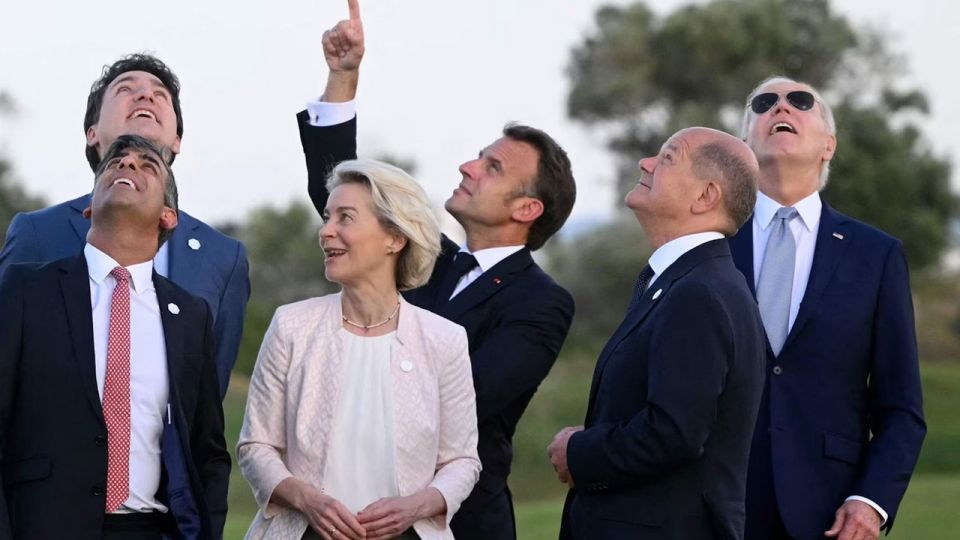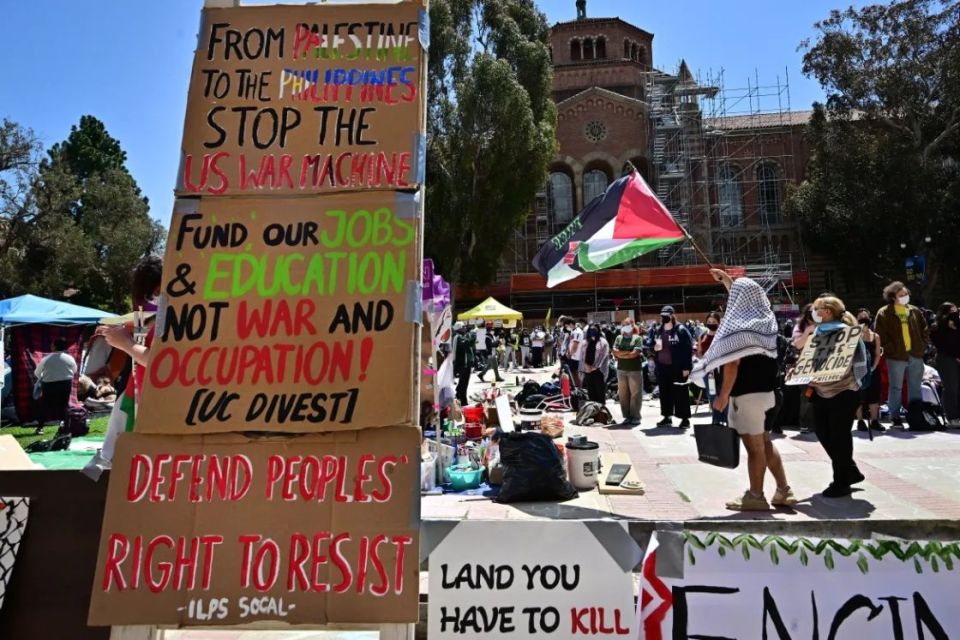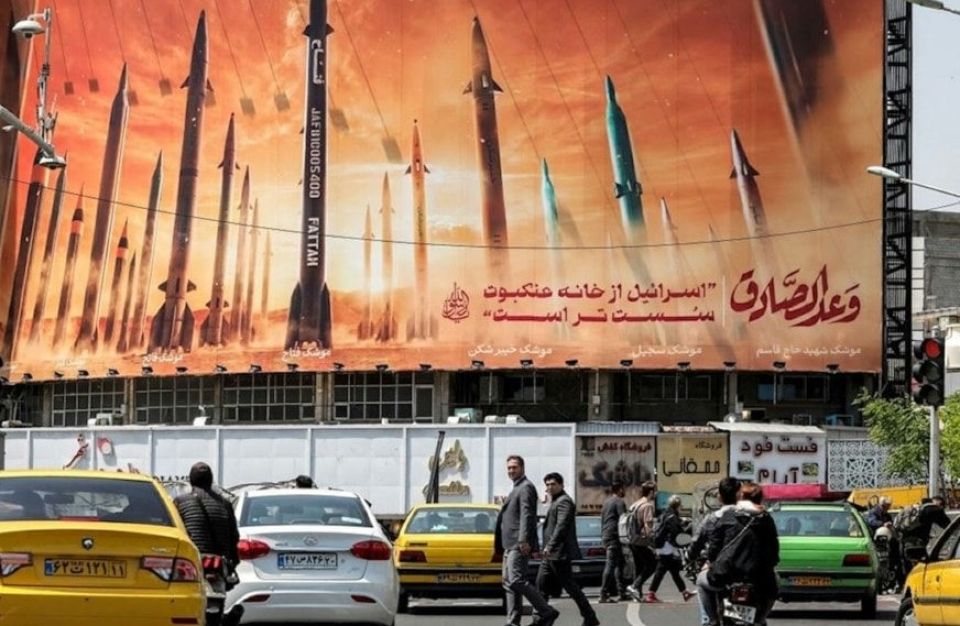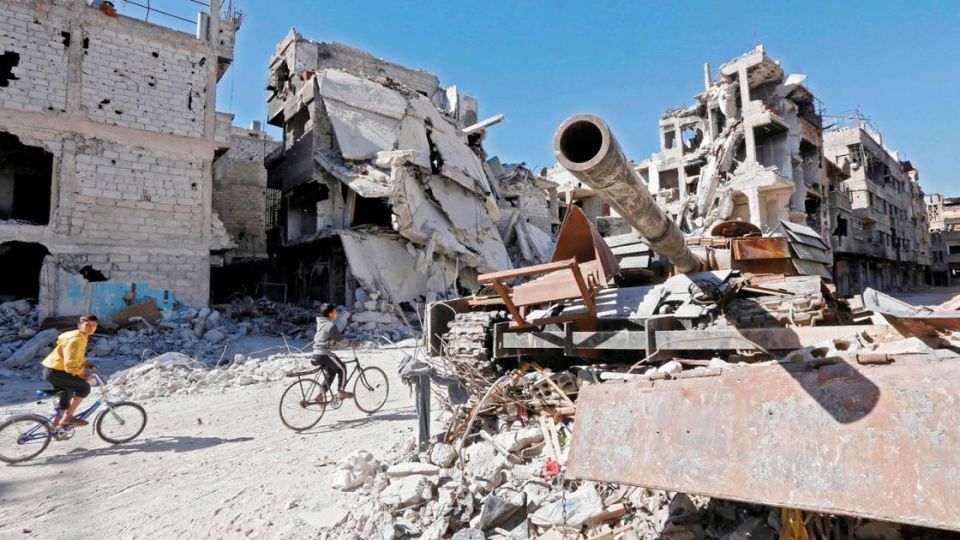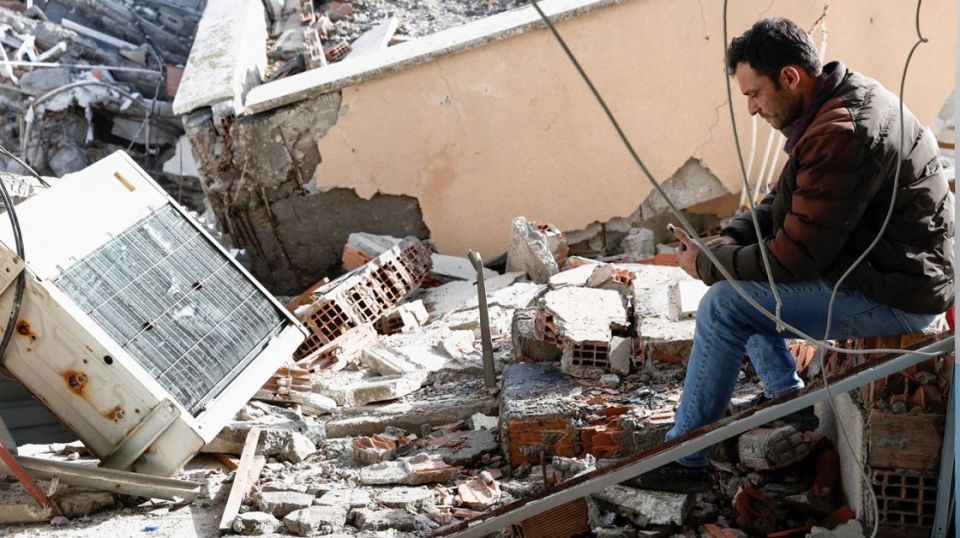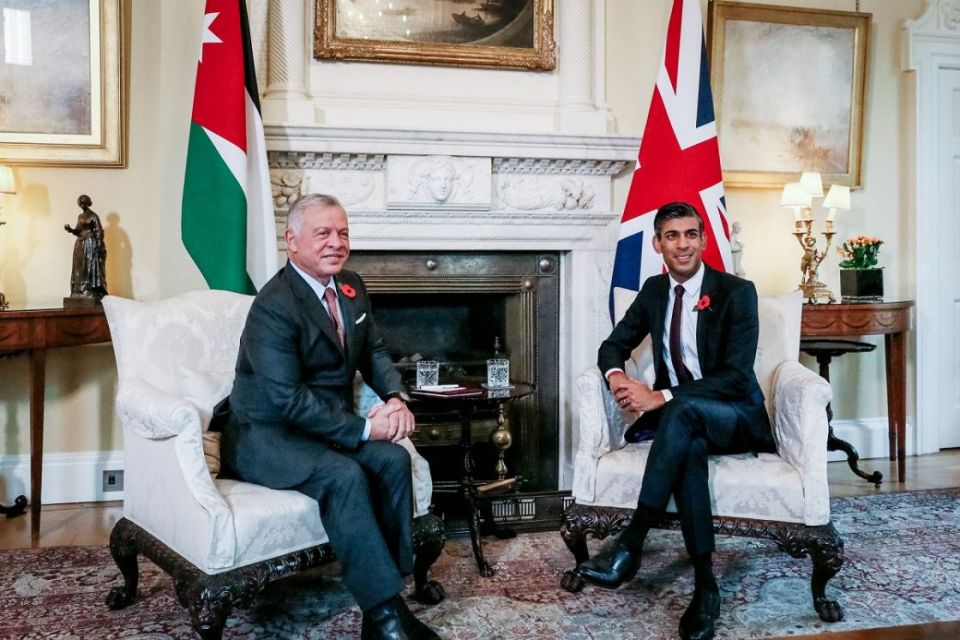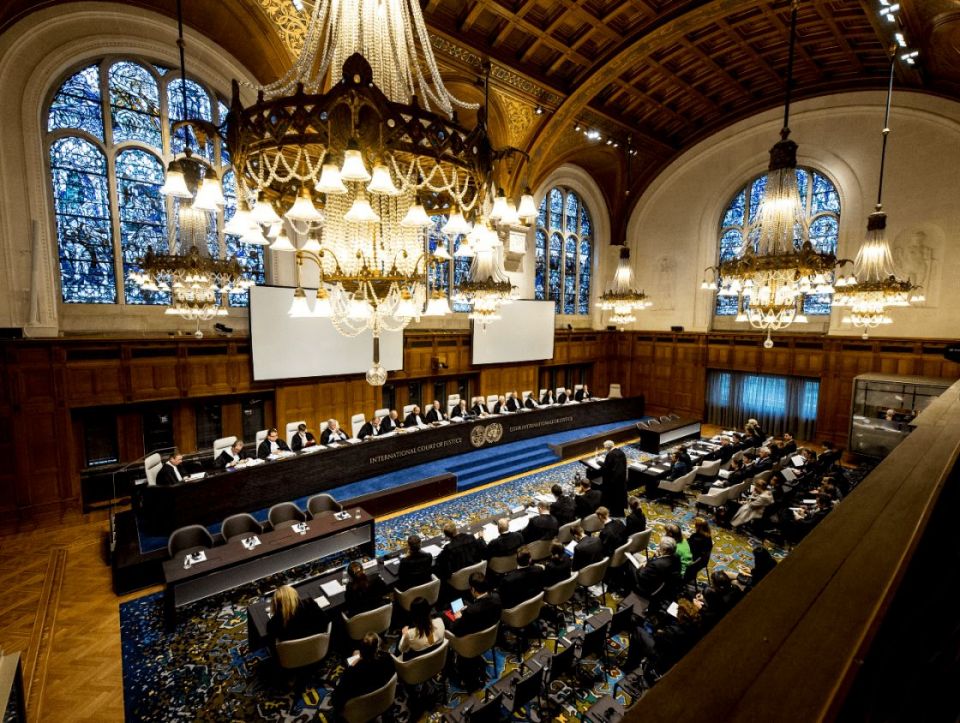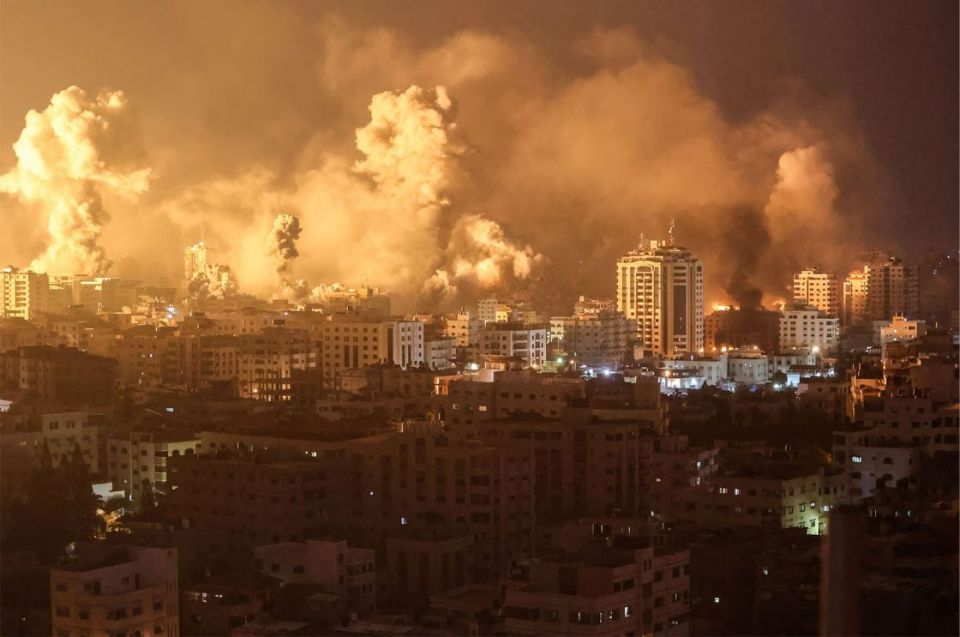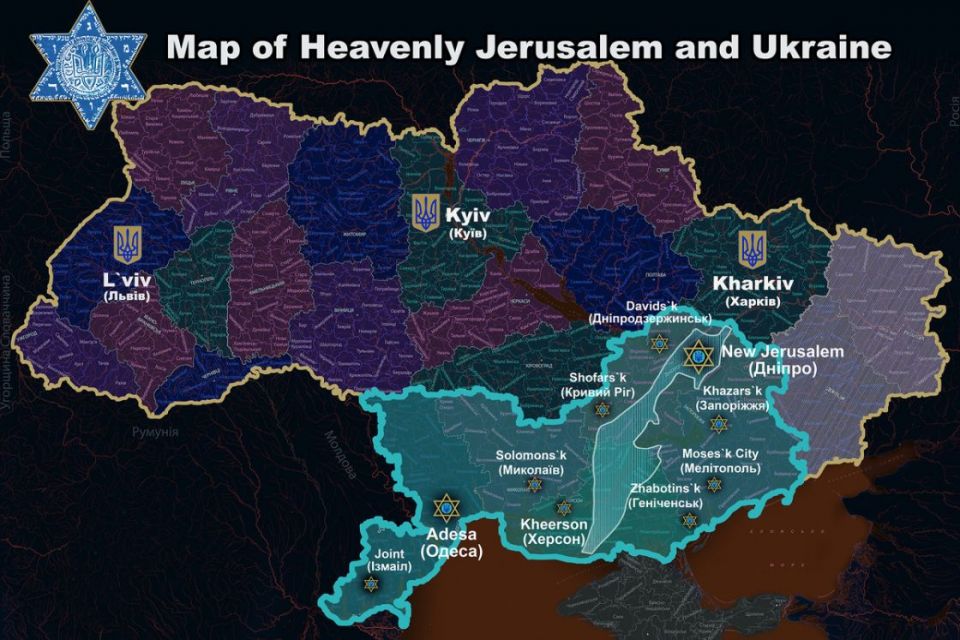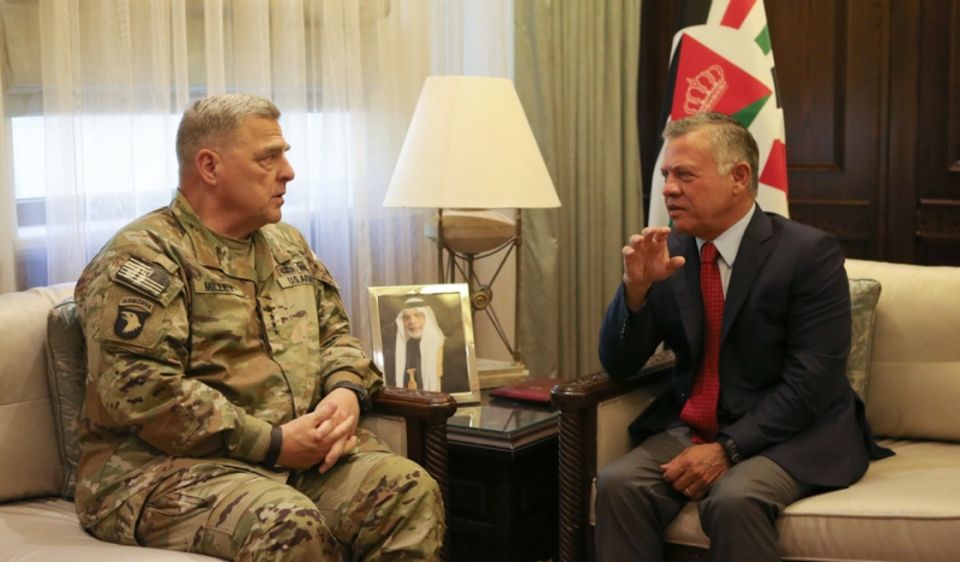Last Thursday, January 11, the International Court of Justice (ICJ) began looking into the case filed by South Africa on December 29, 2023, in which it accused “Israel” of committing the crime of “genocide” against Palestinians in the Gaza Strip, on the basis of “Israel’s” violation of its obligations under the Convention on the Prevention and Punishment of the Crime of Genocide (the Genocide Convention), based on both parties being signatories to the Genocide Convention. This is the first time that a case has been filed against the Zionist entity in the ICJ. However, in 2004 the ICJ considered a request for an advisory opinion related to the Zionist entity, specifically regarding the separation wall that it built in the occupied West Bank, which the ICJ concluded was illegal. There is also before the ICJ a request for another advisory opinion – on which a decision has not yet been issued –referred by the UN General Assembly at the end of 2022 on the legal consequences of “the Israeli occupation, settlement, and annexation”.
Many media, political, and human rights organizations covered the sessions in which the two parties presented their case. A lot of general information was circulated about the ICJ, the Genocide Convention, and what has been happening in Gaza since last October 7. We will not cover this type of information here, but we will try to answer some basic questions briefly, each of which can be expanded upon in later articles.



